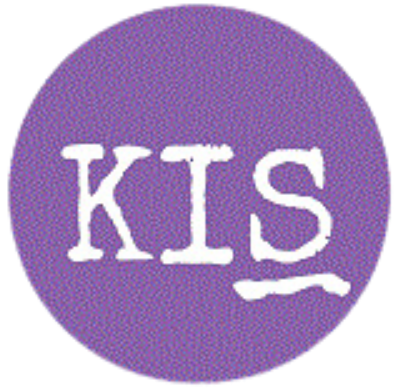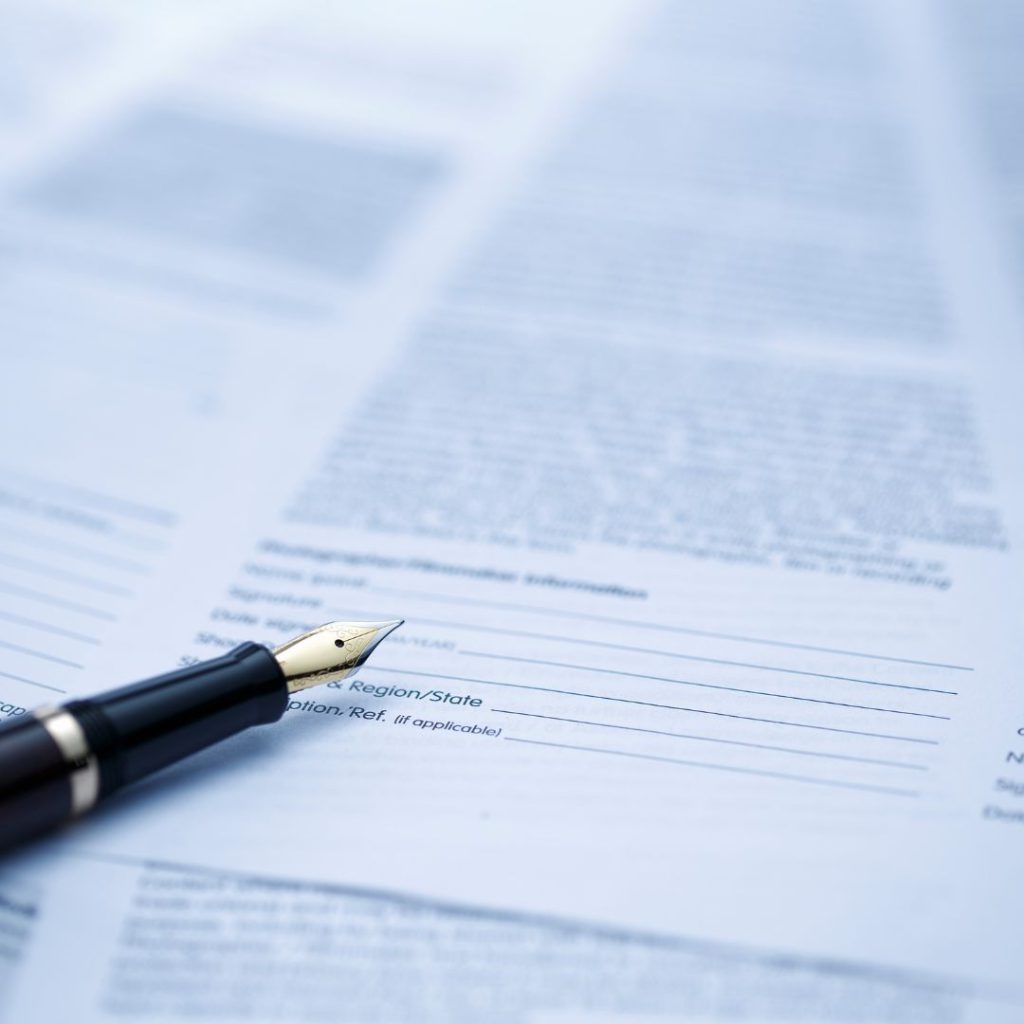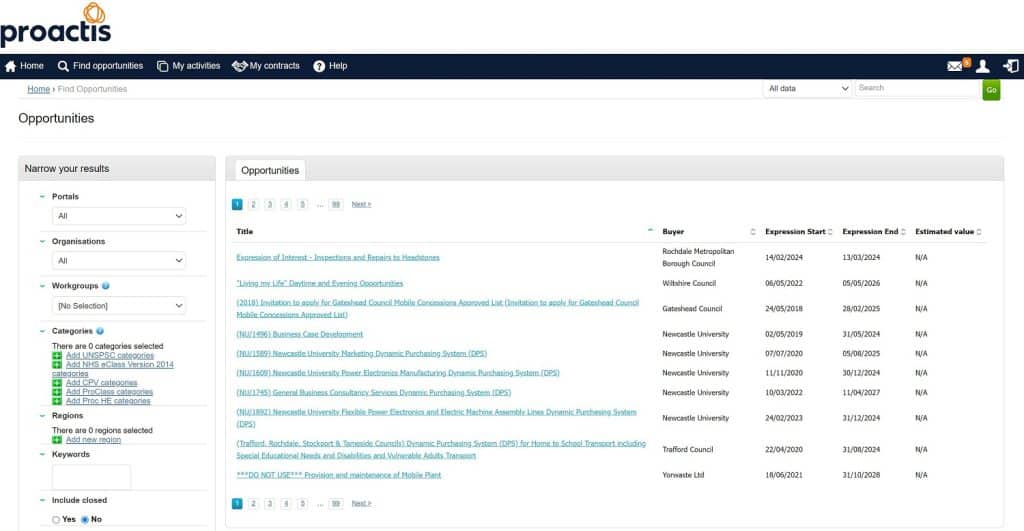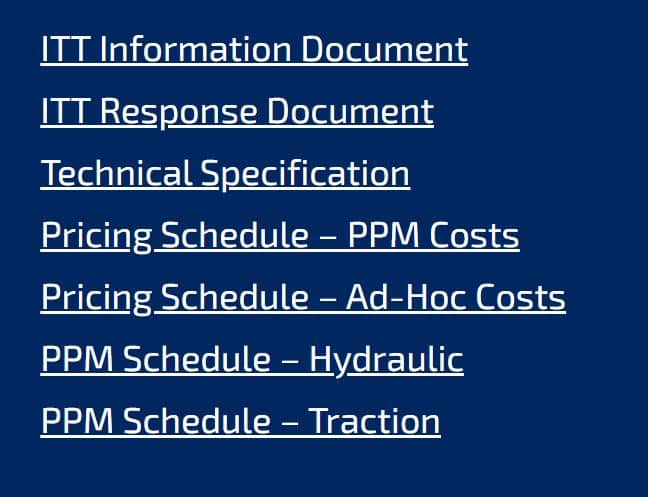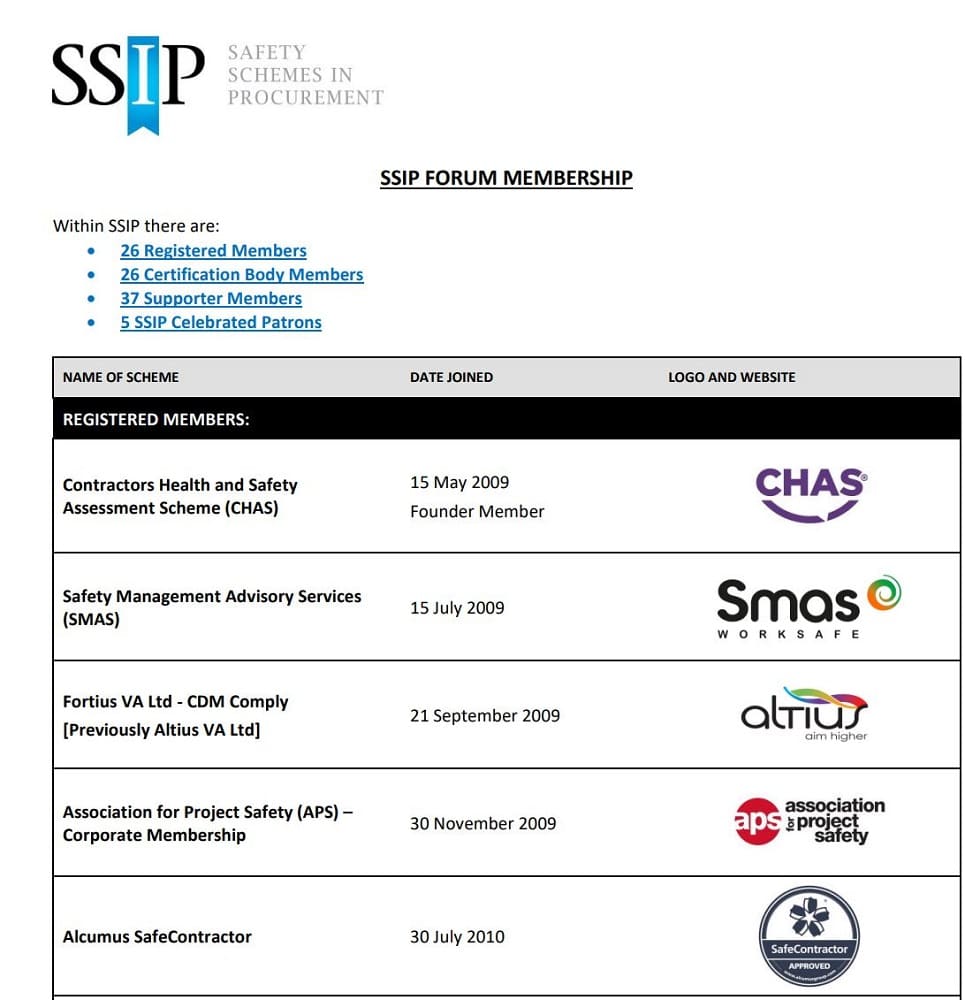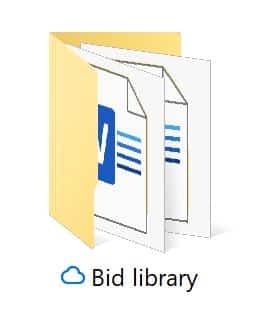Not sure how the bid writing process works? This comprehensive bid writing guide will explain how to write the perfect tender response!
When you’re looking to get business, calling prospective customers and sending connection requests on LinkedIn can get you so far.
However, if you want to pick up larger, more profitable contacts, you need to consider applying for tenders.
Tenders can appear off-putting at first glance. There are essays to write, documents to attach… and so many different things you need to sign!
With a bit of planning though, they’re not as hard to complete as you might initially think.
Not sure how to write a tender application? This guide will explain how to write a great tender response, and some of the things you need to look out for when putting your bid application together.
I’ll also share some of my top tender writing tips that I picked up through years of writing tender applications .
What is a tender?
A tender (also known as a bid) is a document that your business needs to complete to apply for a contract.
If an organisation wants to find a company to carry out a service or supply a product on its behalf, it may choose to put out a tender.
Prospective suppliers can then apply for the work, and the organisation can assess all the tender applications to see which supplier is the best match.
Think of a tender like a job interview!
The benefit of tenders is that the process is fair and transparent. All bidders answer the same questions and are assessed anonymously to prevent bias.
In theory, this means a small business can write a tender application that wins over a large, well-known organisation.
This transparency is essential in the public sector, where government organisations must be as objective as possible.
Is applying for tenders a good way to win work for every business? No.
But if you want to win large contracts and work with big organisations, they’re something you need to consider applying for.
The bid writing basics
So, what steps do you need to consider to write an excellent tender response?
Before I started work as a freelance copywriter, I worked as a tender writer for a large national business.
The marketing department and the tender writing department were one and the same, so as well as writing internal communications and blog articles for the website, I had to write tender applications too!
This means I know how to write a tender bid that gets noticed.
Not sure where to start when it comes to writing a tender response? Here are my top tips for putting together a tender that will help you win work.
Read the whole tender before you start writing
Before you put pen to paper, you need to read the tender application and all the attached materials.
While it might be tempting to just dive in and get started on the bid writing process, this never leads to a good outcome.
Book yourself some quiet time in a meeting room and put your phone on divert. Download all the files that came with the tender – sometimes printing them out can help as you can scribble on them and highlight key phrases.
Read every single document from start to finish, making notes as you go. This can be on paper or on your computer, whichever works best for you.
Understand the split between price vs quality
Make sure you understand what percentage of the tender is marked on quality, and what percentage is marked on price.
Quality refers to the emphasis that tenderers place on the questions they ask, while price refers to how much you quote for the products or services requested.
In my experience, most tenderers request a relatively even split between the two, although this isn’t always the case.
As an example, a company that has put forward a tender with 100% emphasis on cost may want to work with someone who provides low-cost products or services.
This could affect whether you apply for the bid or not, as you might not want to offer your products or services at a rock-bottom price.
Look at the limitations in place
Are there any limitations that may restrict you from applying for the tender?
For example, does the tenderer ask for a level of insurance you don’t have, or an accreditation you can’t achieve in time?
You should also check if the Transfer of Undertakings (Protection of Employment) regulations, or TUPE applies to the tender.
TUPE is when you need to take on the contracts of the employees previously working on the contract. This can mean additional paperwork and money spent if you win the tender.
Understanding the limitations before you begin the bid writing process can save valuable time, as it means you don’t start writing a tender that you don’t want to (or can’t) win.
Check out the products and services requested
Is the tenderer asking for anything out of the ordinary to what you usually do, and are you willing to provide it?
For example, let’s say you’re a plumber applying for a general maintenance contract. The tender may also want electrical maintenance and gas heating services as part of the contract, which you don’t offer.
This may mean you need to bring subcontractors on board to be able to fulfill all of the requirements.
Should you complete the tendering process in this scenario? It ultimately depends on how much you want the work.
Look at what the word count is
It’s important to check if there is a word count in place for the quality questions. Many tenderers ask you to stick to a specific number of words or a number of pages per question.
If you go over this, they may discount a large part of your answer, which can lead to you losing out on valuable points.
By knowing what the word count is before you start writing your tender application, you’re less likely to exceed it.
Read the tender rules
How do you need to fill the tender application out? Is there a form to add your answers to, or do you need to upload your answers as Word or PDF documents?
Don’t forget to check if you need to use a particular font or text size when completing your tender. In my experience, Arial size 11 is the default for most tender applications, but some tenderers like to mix it up a little!
Some tenderers mark down applicants for failing to follow the rules they’ve set.
It may sound petty, but it makes perfect sense – tenderers want to work with businesses that understand and abide by the rules!
See if you need to get references
Like a job application, tenderers want to make sure you have experience in carrying out the work you claim you can do.
To prove this, they may ask for references from businesses you have worked with in the past.
Make a note of how many references the tenderer asks for and any requirements. For example, references may need to be of a specific value or have been carried out within a certain time frame.
Also, be aware of how you need to provide these references when writing your tender application. Normally putting a name and contact details will suffice. However sometimes the tenderer will want the referee to fill out a form.
This means you need to put aside extra time to wait for a response – don’t leave it until the last minute!
If you do put someone down as a reference, ask them if it’s okay first. While most businesses are happy to provide references for tender applications, some prefer not to.
You don’t want to spoil your working relationships over a dodgy reference.
Find out if you need third-party support
Are you going to need assistance from other departments or third parties when completing your tender application?
For example, some tenderers ask your insurers to complete a form verifying the level of cover you have.
You may need to ask your HR team for a training matrix or your QHSE team for examples of risk assessments and method statements.
Make sure everyone knows what they need to do and when they need to send it to by.
I recommend setting a deadline of at least a day before the tender is due so you have time to read through everything you’ve been given and compile it.
Creating a bid library can save time as you will have all the documents you need to hand – keep reading to find out more about bid libraries.
Understand the exemptions
Do you need to fill in the whole tender?
Sometimes, if you have a specific qualification or accreditation, you don’t need to answer certain questions.
For example, having a Safety Schemes in Procurement (SSIP) accreditation can often mean you don’t need to provide additional health and safety information.
This is because having the accreditation already shows you are compliant.
This can save a lot of time and mean less headaches!
See how the tender needs to be submitted
How does the tender need to be sent back?
Most tenders are uploaded to a portal, but some must be printed out and posted. The good new is that these types of tender applications are rare – I’ve only done three or four in my working career.
If this is the case, sending your completed tender application by recorded delivery will give you peace of mind.
Got any questions about the bid writing process?
If you have any questions about the tender, ask the tenderer for clarification through the tendering portal.
The sooner you can do this, the better, as some companies stop answering questions a few days before the deadline.
Bear in mind that some tenderers are more helpful than others.
Some will bend over backwards to give you the answers you need; others will come back with ‘it’s all in the document’, which is never useful!
Tender writing tips to give you the edge
Is bid writing hard? It can be. There have been times when I’ve been working on a tender application and wanted to throw my laptop out of the window!
However you can make the process easier by following these tender writing tips.
Give yourself plenty of time
So many tasks in the world of business get done at the very last minute. Tender writing shouldn’t be one of them.
You get out what you put in, so don’t expect to win if you’ve only spent two hours on your submission.
When I used to write tenders for a living, there were so many occasions when I was asked to put together a tender with a day or two days’ notice. Once a tender landed on my desk at one in the afternoon… the deadline was 5pm!
Needless to say, despite working as hard as possible to get everything uploaded in time, we didn’t win that one.
Most tenders have a month before they need to be submitted. This gives you four weeks to prepare. Block out some time to research, write and check your submission before the deadline.
Also check the time that you need to submit the deadline by. Most tender applications have a deadline of 5pm, but some need to be sent in by 12pm or 2pm.
The good news is that you can re-upload your tender application if you submit it before the deadline, so don’t panic if you submit it early and need to amend something.
How much time should you spend on a tender?
It depends on the complexity of the tender and the amount of information you have at your disposal.
If you’ve completed similar tenders before, you might be able to prep everything in half a day. However, if you need to ask other departments for information or get documents from third parties, it may take you a week.
Don’t fall into the trap of submitting your tender at the last minute. Your internet connection could be dodgy, the tender portal could be down for maintenance, you could panic and send over the entirely wrong documents.
If you’re late, the tenderers typically won’t be willing to give you any leeway, especially if they already have a lot of responses. This means all your hard work will have been for nothing.
Give yourself an hour or two at the bare minimum to get your tender sent out. After that, you can sit back, relax, and wait for the outcome.
Here’s a top tender writing tip
If you’re worried that you won’t have enough time to prepare a high-quality tender response, ask the tenderer if you can have an extension.
If the tenderer has the flexibility, they may be happy to give everyone an extra couple of days to send in their submissions.
Answer the questions
This sounds super-obvious, but this tender writing tip is incredibly important.
Let’s say that a tenderer asks you how you will carry out the work. You may be tempted to talk about the history of your business, when you were established, why you’re the best company to carry out the work…
…Stop right there.
Anything irrelevant to the question will lead to no points. In the worst-case scenario, your tender may get thrown out for being low-quality.
Take the time to read each question and focus on what is specifically being asked. Going back to the original example, it is in your best interests to mention timescales, the equipment you will use and how you will liaise with staff on site.
Reading the documentation that comes with the tender can help you understand what the tenderers want you to mention.
Look at the question and highlight key words. Some tenderers may even include bullet points specifying what they want you to talk about. It’s perfectly acceptable to write paragraphs addressing each bullet point in turn.
In fact, the people marking your tender may thank you for it, as it makes their job much easier!
If there is a word count, remember that you don’t have to hit it.
You’re more likely to get points for a 200 word tender response that is clear, concise, and answers the question, rather than 1,000 words of fluff.
One more thing…
…Don’t attach documents unless the tenderer specifically asks for them.
So many businesses throw price lists, brochures and data sheets in with their tender applications, cross their fingers and hope for the best.
They won’t get read, and you may be penalised for not reading the instructions properly.
Be honest
CVs, mortgage applications, social media profiles… we’ve all thought about embellishing the truth a little from time to time.
While you may think it’s okay to say anything on your tender submission to help you get the job, you must avoid this at all costs.
It’s important to remember that tenders are legally binding. This means if you are successful in your tender application, your submission will become a legal part of the contract.
If you don’t uphold what you have written, then you could be in breach of contract.
You can write your application to sound more appealing and stand out from your competitors; that’s absolutely fine. But don’t say you’ve done anything you haven’t done or are willing to do anything you’re not happy to do.
You will get found out.
Think about pricing
For some tenders, pricing is the most significant component.
This means while it’s still important to focus on your quality questions, you need to think seriously about what price you will submit.
I’ve seen many businesses go in at a low price in the hope they will win the tender. This is especially true in the maintenance and service industries.
This is because companies think they will get first refusal on the more lucrative installation contracts once they have a foot in the door.
This can be a dangerous strategy for two reasons.
First, once you put your price in, you’re not allowed to change it. This means that you could be stuck in a loss-making contract for several years.
Second, there’s no guarantee that tenderers will come to you for any other work.
While you want your price to be appealing, you also want it to be realistic. Account for potential price increases as well as any additional services that are needed.
For example, if the tenderer wants additional levels of insurance that you don’t normally have, you can factor that into your final quote.
If the tenderer is looking for a rock-bottom price for your business – they’re probably not someone you want to work with.
Consider your approach to CSR
Corporate social responsibility (CSR) is a significant thing in tendering now, especially in the public sector.
As well as working with someone who can provide a high-quality service at a great price, organisations want to work with businesses that care about the local community
You may be asked to complete a section or spreadsheet about your approach to CSR.
Different tenderers will value different aspects of CSR, but some things you will need to think about in your tender application include:
- Sustainability – what are you doing to reduce your carbon footprint and recycle materials, both on site and in the office?
- Employment – are you employing locally based people, especially apprentices, school leavers, the unemployed, and veterans? Are you willing to offer educational opportunities to local schools and colleges?
- Supply chain – are you working with local, sustainable suppliers?
- Community – will you work with the local community? For example, helping local charities raise funds or providing discounted services to vulnerable people
Only promise things you are willing to deliver. when writing your tender document.
If you say you will take on ten school leavers a year, and don’t bother when you win the work, the tenderer will be within their rights to cancel your contract.
Don’t assume you will win
If you’re the incumbent (the existing supplier), you may think you’ve got the tender in the bag.
The tender application process is just a box-ticking exercise so you can carry on providing your services… right?
Wrong.
Your tenderer may be swayed by a cheaper deal. They may know someone and want to give them the contract. They may even be looking for an excuse to get rid of you.
If you are the incumbent, you need work just as hard on your tender application to win the business.
Don’t rest on your laurels, and invest the time in putting together a solid submission.
Create a bid library
If you regularly write tenders, a bid library is a fantastic way to speed up the process and ensure all the key points are covered.
A bid library is also ideal if you have multiple people in your team writing tenders, as you can ensure all your responses are consistent.
What is a bid library? A bid library is a folder containing typical responses to questions, as well as supporting materials like certificates, insurance documents, and financial information.
We had a comprehensive bid library where I used to work and it saved so much time, especially when it came to making sure we had the right documentation at hand.
It’s important to ensure your bid library is up-to-date and remind your team to tailor the copy before adding it to their tender application – no cutting and pasting!
We had a situation once where a member of the sales team copied and pasted an old answer to a question, but left the name of the previous company in the response. That didn’t go down too well.
Can you use AI to write a tender submission?
Generative artificial intelligence (AI) tools like Chat GPT and Gemini have skyrocketed in popularity, with people across all types of industries using them to create content.
But can you use them to write tender responses? Here are my thoughts.
Writing tenders can be hard. There’s nothing worse than staring at the screen trying to think of what to write. In this situation, AI is fantastic for helping you brainstorm and think of fresh new ideas.
However, it’s important to be careful. The output will be generic and not tailored to your organisation, and there is also the risk that it might be inaccurate.
You need to check that the information you get is correct, especially when it relates to rules and regulations. You don’t want tenderers to think you don’t know what you’re talking about!
Some tenderers may also use AI detection software to see if your content has been created using AI tools. This could put you at a significant disadvantage.
So in conclusion, feel free to use generative AI tools to get inspiration and help you avoid writer’s block when writing your tender application.
But remember that you need to showcase your unique skills and expertise, and that can only be done using a human touch.
Your tender writing proposal checklist
I appreciate that this article is quite long – when it comes to tender applications, there’s a lot to talk about!
Here’s a simple checklist for you to bear in mind when going through your tender applications.
- Go through the tender from start to finish before you put pen to paper
- Make sure you’re 100% sure you want to take part before completing the tender – tenders take a lot of time to compile
- Don’t leave writing your tender to the very last minute – if you think you need an extension, ask for one
- Ask questions on the portal if you’re unsure of anything – don’t second-guess yourself
- Understand all the different elements of the pricing. Be realistic and don’t put yourself in a loss-making position
- Read the questions and focus on what is being asked – concentrate on what the tenderer is asking, not what you think they’re asking for
- Use AI carefully – it’s important to be accurate and offer a unique value proposition
- Be honest. Lying on your tender application or promising things you can’t deliver can get you into trouble
- Don’t assume you’ll win – give the tenderer a valid reason to choose your business
How to write a tender application – some final thoughts
Tenders do require a lot of planning. However, get the bid writing basics right, and you’re guaranteed lots of long-term work with high-profile customers.
If you only take one thing away from this post, it should be this: read the tender documents from start to finish before you start your response.
Even the best tender writers don’t win bids each and every time, so don’t be too disheartened if you don’t get the results you were hoping for. There are plenty of tender opportunities out there, so just keep trying.
Good tenderers will provide you with feedback about your submission that you can use to help improve your tender writing in future.
Don’t be afraid to ask for feedback if you don’t get any by default.
Impress your prospective clients with the perfect tender
Don’t know where to begin when it comes to bid writing, or just don’t have the time? Keep It Simple Copywriting can help with high-quality tender writing services.
I will work with you to help complete your tender applications, and even put together a bid library that you can use for any future responses.
Get in touch with me today and see how I can help you win brand-new contracts with on-point tender writing.
